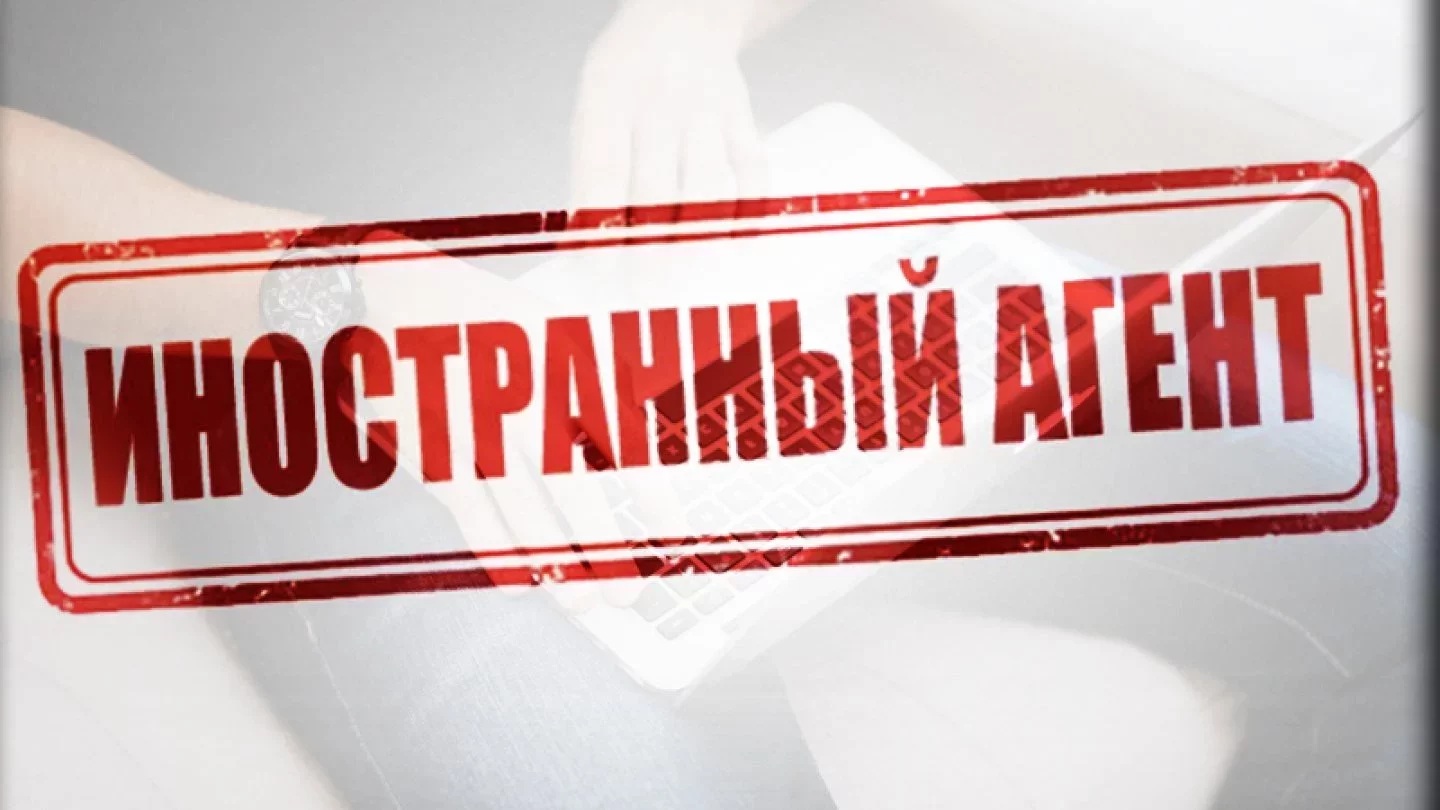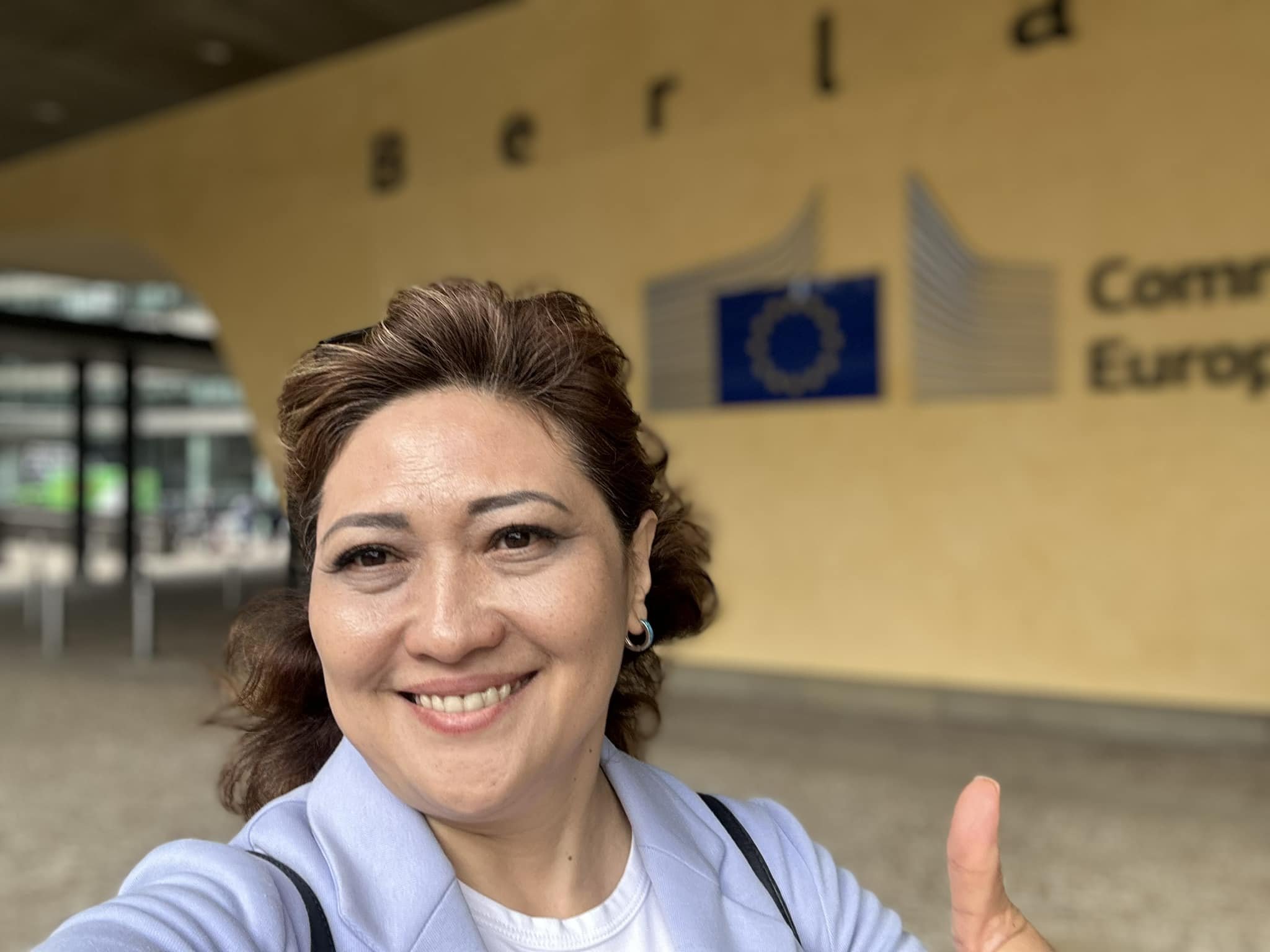Control over The Media and Public Opinion: Why Did Kazakhstan introduce "Foreign Agent" List
 Photo: yakutia.info
Photo: yakutia.info
The Ministry of Finance of Kazakhstan has published a list of individuals and legal entities receiving foreign sourced financing. In total, 240 public foundations, various NGOs, environmental companies, journalists and human rights defenders have been included in the register. An Orda correspondent looked into the matter.
How Did It All Start?
According to the State Revenue Committee, since 2018 in Kazakhstan there has been a requirement to submit reports to the tax authorities for persons who receive money or other property from foreign states and international organizations. The order is stipulated in Article 29 of the Tax Code of the Republic of Kazakhstan.
Reporting on the receipt of foreign sourced funding concerns those who are engaged in:
- Providing legal assistance, including protecting the interests of citizens and advising them
- Studying and conducting public opinion polls, opinion polls. As explained to an Orda correspondent by lawyer Ilya Knyazev, public opinion polls and opinion polls conducted for commercial purposes are not in this category
- Collection, analysis and dissemination of information, "except in cases when the specified activity is carried out for commercial purposes
At the same time, the rule implying reporting on foreign financing does not apply to government agencies. Some comments in social media, however, allude to the usefulness of introducing a register for officials and other citizens of the Republic of Kazakhstan who hold foreign accounts and/or have property abroad.


In 2022, Article 29 was amended. According to it, the SRC (State Revenue Committee) should not only collect information about foreign sourced financing, but also publish information about them on its Internet resource. Thus, the topical register came to be.
"Register of Foreign Agents": Fiction or Reality?
In Kazakhstan, the list of persons receiving foreign sourced financing is being published for the first time. The document, according to official information, is aimed at ensuring the trust of Kazakhstanis in NGOs.
"The amendment is aimed at increasing the level of citizens' trust in both the state and non–governmental organizations," the SRC commented.
Nevertheless, Knyazev believes that other applications could “be found” for the registry:
At the moment, this list is needed to control the foreign sourced money and property received by our NGOs or individuals. Why is this done? Probably to control NGOs. At the same time, neither deputies nor other state bodies are included in this register according to the Tax Code. The accompanying goals that this registry may pursue in the future, it seems to me, are similar to what is currently happening in Russia – control of the media, control of publications, control of public opinion, and so on, the lawyer says.
Kazakhstanis also began to be interested in the matter of potential restrictions brought about by being included in the register. According to the legislation of Kazakhstan, citizens and organizations included in the register do not face any restrictions. Ilya Knyazev emphasizes, however, that foreign agents in Russia do.
They cannot:
- Teach and "educate" minors in state institutions
- Create content for schoolchildren
- Participate in tenders, purchase goods for state institutions
- Receive financial assistance from the state, even in the case of creative work
- Participate as an expert in conducting state environmental expertise
This is why it is not quite correct to call organizations and citizens included in the Kazakhstan register "foreign agents". The lawyer still draws attention to the situation potentially changing:
Everything may well be the same as in Russia, if for some purposes the government considers that it is necessary to tighten the screws on the media, bloggers and other persons for political reasons. On the one hand, it seems there is a Jana Kazakhstan, and on the other hand, this is the situation. Indeed, perhaps, they will say that this is done to protect the interests of Kazakhstan from external influence, and so on. I hope I'm wrong, Knyazev emphasizes.
Despite the absence of restrictions, the Code of Administrative Offenses still has penalties in the form of fines, the lawyer notes.
If an individual or a legal entity does not notify about receiving foreign sourced financing, it will have to pay a fine of 172 500 – 1 207 500 tenge. At the same time, if the organization provides false information about said income, it will also face sanctions in the form of a fine of 345 000 – 2 415 000 tenge along with an operational suspension. In cases of repeated violations during the year, they will be fined 517 500 – 3 450 000 tenge and will be banned from operations.
People in The Registry
Some individuals from this list have commented on their inclusion. Journalist Ainur Koskina briefly commented on Facebook, posting a photo: "Your look when you found out that you were recognized as a "foreign agent".
 Ainur Koskina. Photos from your personal Facebook page
Ainur Koskina. Photos from your personal Facebook pageDinara Yegeubayeva, a journalist who was also included in the register, wrote on her Instagram that the published list of organizations and citizens with foreign funding is designed primarily to discredit those who irritate the Kazakh authorities.
The State Revenue Committee has published a register, which is popularly called the "list of foreign agents". Your humble servant was among them,the journalist emphasizes.
 Dinara Egeubayeva. Photos from open sources
Dinara Egeubayeva. Photos from open sourcesThe registry creates the impression that we are getting money in envelopes and carrying out an order. Yet his publication, apparently, was designed for this – to discredit the objectionable, the journalist claims.
Despite the fact that now there are no restrictions for those who receive foreign sourced financing, everything may change soon.
Our authorities say that this list does not affect anything, but it also started (like this - Ed.) in Russia. There, if you are not aware, recognization as a foreign agent can be, even without foreign funding, but rather from simply being under some foreign influence. Whether you have read Harry Potter or listened to Queen, here is your foreign influence, explains Dmitry Dubovitsky, a journalist and author of the YouTube channel "Za Nami Uzhr Vyekhali."
Talks about the register began much earlier than its publication. The issue of specifying the sources of funding and the reputation of those organizations and citizens who will be included in the list has already been raised.
The list should reflect the source. Maybe it seems like nothing, but when the source of funding is grant organizations officially recognized in Kazakhstan, complying with international treaties and prescribing principles such as tolerance, openness, respect for the independent policy of the grantee – this is important. We care not only about our reputation, but also work only with partners who have a reliable reputation, said Karlygash Jamankulova, President of the International Foundation for the Protection of Freedom of Speech "Adil Soz" (also included in the list of Ed.).
The order on the publication of the register began to take effect on March 26, 2023. Data on organizations and citizens included in the list will be updated every six months no later than the 20th on the SRC’s official website.
Original Author: Ksenia Kindeeva
DISCLAIMER: This piece is a translation. The text has been modified, the content is the same. Please refer to the original article in Russian for accuracy.
Latest news
- Kazakh-Russian Border Sees Truck Congestion Amid Summer Traffic Surge
- Kyrgyzstan: Authorities Uncover Official Forgery at I. Arabaev University, Expel Dozens of Foreign Students
- Kazakhstan's Special Forces Join Multinational Anadolu-2025 Drills in Türkiye
- Relative of Former Akim Danial Akhmetov Temporarily Appointed to Head Kazakh Railways
- Audit Chamber Stands by Findings Amid Dispute with Health Ministry
- Authorities Detain Seven in Sputnik Azerbaijan Investigation
- Foreigners in Russia Facing SIM Card Blocking Over Biometrics Rules
- Petropavlovsk Blogger Sentenced to 3.5 Years for Ethnic Discord
- Toqayev Discusses Challenges and Priorities with SCO Secretary-General
- Kazakh Ambassador Confirms Attendance at Kadyrov Son’s Wedding
- Bektenov Criticizes Ministry of Water Resources Over Project Delays
- China Eastern Airlines Launches Direct Flight from Shanghai to Almaty
- Black Market for Water: Why Fields Lack Water in Kazakhstan — and Who’s to Blame
- Former Vice Minister of Labor Akmadi Sarbasov Detained
- Quest Pistols Concert in Astana Reportedly Cancelled
- Former Director and Accountant of Elite Astana School Accused of Embezzling Over 900 Million Tenge
- Explosion Hit Vilamoura Tanker: Energy Ministry Says Kazakh Oil Wasn’t On Board
- “Someone Who Was Rejected by Everyone — Except You”: The Lukas Shelter Rescues Forgotten Animals
- Wife of Convicted Police Chief Under Investigation
- Kazakhstan: Ten Regions Achieve Full Water Supply Coverage, Says Minister

